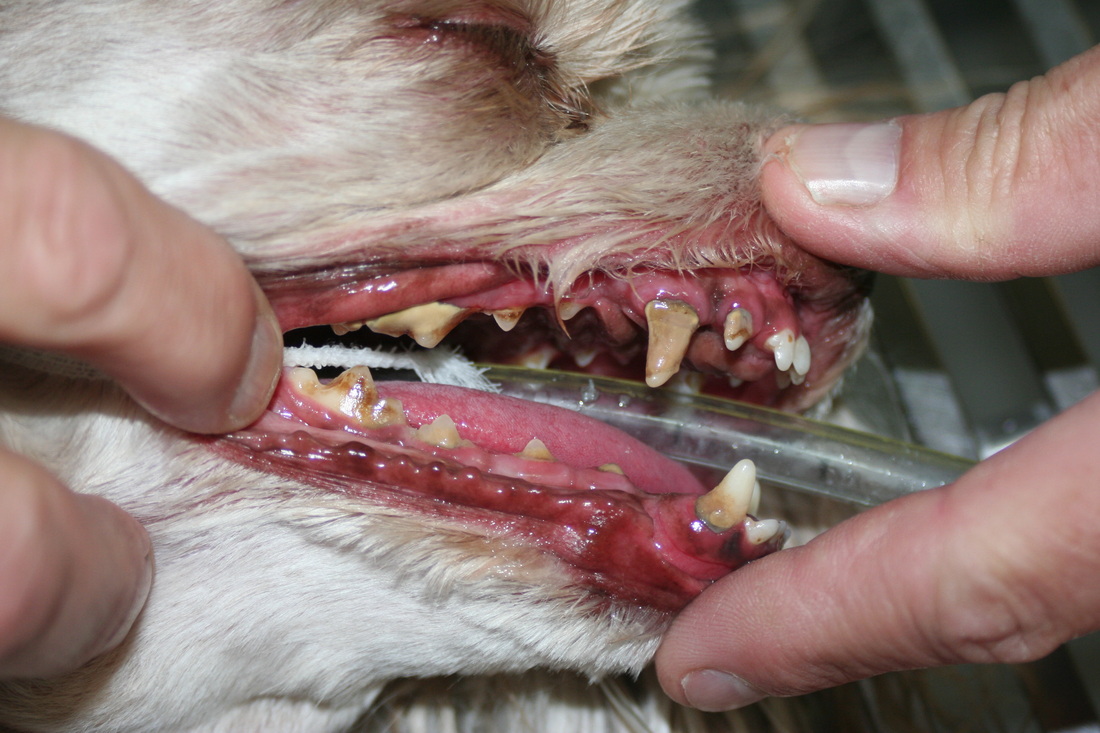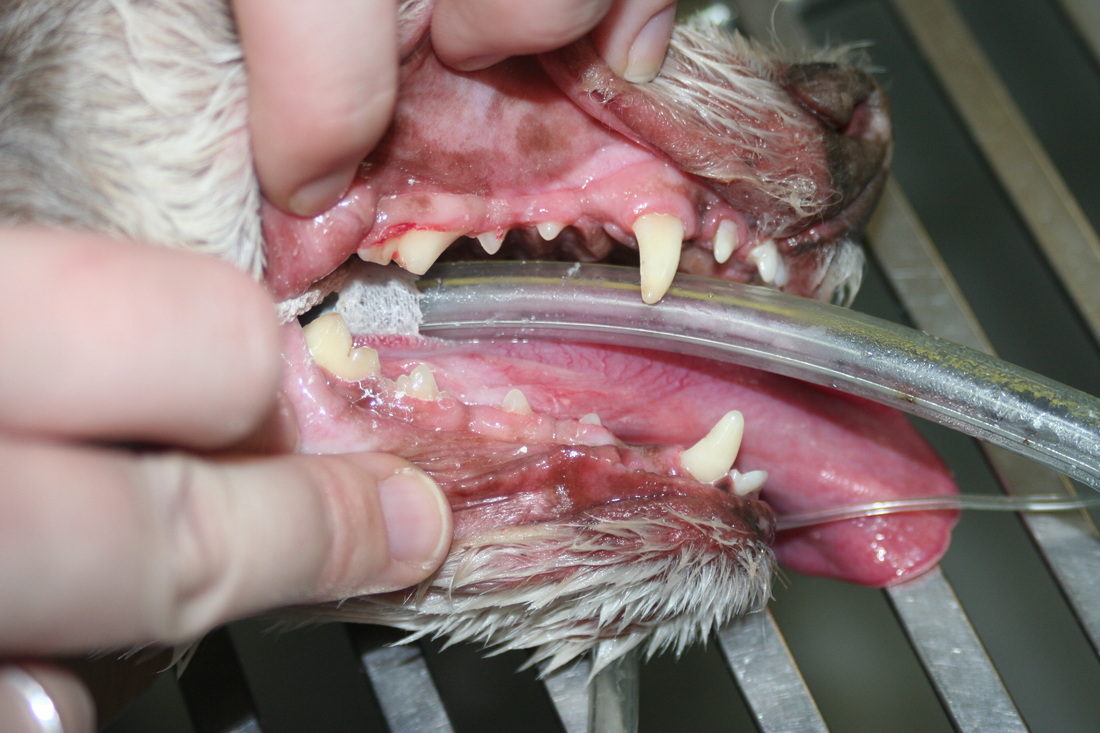Leave your ideas in the comments section!
|
In case you are seeing this without having read my email, I'll fill you in. We are in the planning stages of the 3rd Annual Dog Jog, and want to make it the best and biggest yet. We are going to do all the fun stuff from last year, but are also looking for other great ideas to involve kids, pet owners, and the whole community! Anything fun that would bring people out to enjoy the day. You can read the email here, and if you want to get our emails on a regular basis, click here. Leave your ideas in the comments section!
7 Comments
When you go to the doctor (especially after a certain age) what is one thing it seems they always want to do? Bloodwork. Before any procedure, if you aren't feeling well, and sometimes just because it has been a year. Well, your pets are no different. Labwork helps us identify anything that may be out of the ordinary on the INside of your pet. We can check liver function, kidney function, electrolyte balance, protein levels, number of red blood cells and white blood cells, just to name a few. What we especially like to know, is if there is anything we need to know BEFORE we anesthetize your pet for any procedure. We offer bloodwork in our clinic, and can usually have the results in about 30 minutes. We can do this the morning of surgery or dental cleaning, and have the results before we even sedate your dog or cat. This helps us know if anything in our protocols should be changed, or maybe even cancelled due to abnormalities in your pet's internal systems. I can think of 2 specific incidences where there was a vastly different outcome because of knowing lab results prior to anesthesia.
The first was about 14 years ago while practicing in Arizona. The clinic had a young white purebred puppy come in to be neutered. He was anesthetized and his surgery seemed to go fine. He was sent home that afternoon still a little groggy. The owners called the next day and he was not feeling well and was vomiting. They were told it was likely the anesthesia making him naseous and to keep an eye on him. The next day was no better, and he returned to the clinic. He was treated with fluids to help rehydrate him, and sent home. Finally a few days later he seemed to be feeling better. One month down the road he ate something he shouldn't have, and vomiting had to be induced. At the time, salt was recommended, and he vomited up the offending candy. For the next several days he vomited off and on and felt terrible. Finally he seemed to turn the corner and improve. Two weeks later the owners brought him back to the clinic because he was laying around all the time and drinking and peeing a lot. Bloodwork was done then, and that 7 month old puppy was in kidney failure!! He lived about one more month and then had to be euthanized. The second case was just a couple months ago. A young female mixed breed dog came in to be spayed. We did some pre-anesthetic labwork and found very elevated liver enzymes. This little dog's liver was working too hard and had something wrong with it. Instead of going ahead with the spay, we performed some additional bloodwork that we sent into the lab. She went home just as happy and perky as when she came in, and all we did that day was draw blood. The biggest difference between these two cases was the labwork that was or was not done before the surgery. In the first case, we went ahead with anesthesia which compromised the already ailing kidneys and in all liklihood hastened the progression of his kidney failure. The second case has yet to play out to the end, but by knowing what was going on inside, we avoided doing any harm to the puppy. Pre-anesthetic labwork is an amazing and valuable tool to the pet, the owner, and the veterinarian. That is why we recommend it with any surgery.  When deciding on a new puppy for you or your family, there are many factors to take into consideration. The first is the role the new dog will play in your life. Will it be a working dog? A companion? A kid's dog? Will it be indoors or out? What size dog do you want- small, medium, large? How about hair coat- short hair, long, shedder or not? Will it need to be groomed or brushed, and who is going to do that? How active do you want your new pet to be- chasing cows, a running partner, or a couch partner to watch TV? These are important factors to take into consideration before deciding on a breed of dog. If it is going to be a working dog, that narrows it down a bit based on the job you expect it to do, but chances are you will still have multiple breeds to choose from. If you are just looking for a buddy, breed won't be as important, and you could check your local shelter. If you plan on getting the puppy from a breeder, there is a whole new set of questions to ask! As a rule, breeders charge more money for the puppies, and you expect a more consistent puppy. It is ideal to be able to meet the parents of the litter, and if that is possible, take the opportunity. You will also want to know if the parents have had any certifications- like for eyes, hips or other joints. These are great indicators of how likely the puppy is of developing certain problems like hip dysplasia or retinal blindness. Certain breeds have a higher incidence of certain problems than others, so it is important to do some breed research. Unless you plan to show your new dog, you don't necessarily need registration papers. And don't assume registered dogs equal quality dogs, the AKC (American Kennel Club) has breed standards that may not be based on the health of the animal. The temperament of the parents and the puppy is important, based on your plans for the new dog. If you want a good hunter or herding dog, you wouldn't want to pick a timid puppy. If there are children in the house, bring them with you to meet the puppies and make sure the puppy is interested in the kids and not afraid of them. Another factor to consider is the longevity of the dog. Smaller dogs and certain breeds tend to live to a ripe old age, and it pays to consider where you plan on being in 10, even 15 or more years from now. All this time and planning before hand will definitely pay off in the future, as you bond with your new puppy and forge a new life together. You will be glad you took the time to find the right dog to fit in your life! Here are some resources to help narrow your choices: The Eukanuba Breedmatch, The Animal Planet dog breed selector, Select Smart, and the Dog Breed Info Center. Dental disease is a significant problem in our companion animals. It can take a subtle toll on your pets energy and well-being, or be a silent killer. Tartar develops on teeth after a certain amount of time with no brushing or other abrasive activity in the mouth. Brushing your pets teeth helps, as do certain types of food designed to hold together and scrape the teeth as they are chewed versus breaking apart easily. Chewing on certain types of chewies can do the same thing to dog's teeth. When tartar is present on the teeth, there are bacteria that live in the tartar. The combination of the tartar and bacteria irritate the animal's gums, and form pockets under the gum tissue. Irritated gums tend to be red and inflamed, and this allows bacteria to get into the blood stream. Bacteria from the mouth that travel in the blood stream will seed out on heart valves, in the kidneys, and in the liver. In each of these locations the bacteria cause significant problems. On the heart valves little colonies of bacteria grow into larger colonies, until they interfere with the heart valve closing properly. This causes valvular insufficiency, which leads to secondary heart disease. Heart disease is one of the leading causes of death in dogs. Bacteria that land in the kidneys cause parts of the kidney to die off, thus reducing the amount of normally functioning cells. This results in impaired renal (kidney) function, which can then lead to kidney failure. Kidney disease and failure is the leading cause of death in older cats. Bacteria that make it to the liver can cause small abscesses and adversely effect the way the liver is able to handle other stresses and do it's everyday jobs like removing toxins from the bloodstream. So an animal's mouth can be a great indicator of overall health, and also show us where there is room to make improvements. Teeth cleaning is something routine in our lives, and should be done for our pets as well to help maintain overall health.
Read more... |
Archives
October 2015
Categories
All
|



 RSS Feed
RSS Feed
